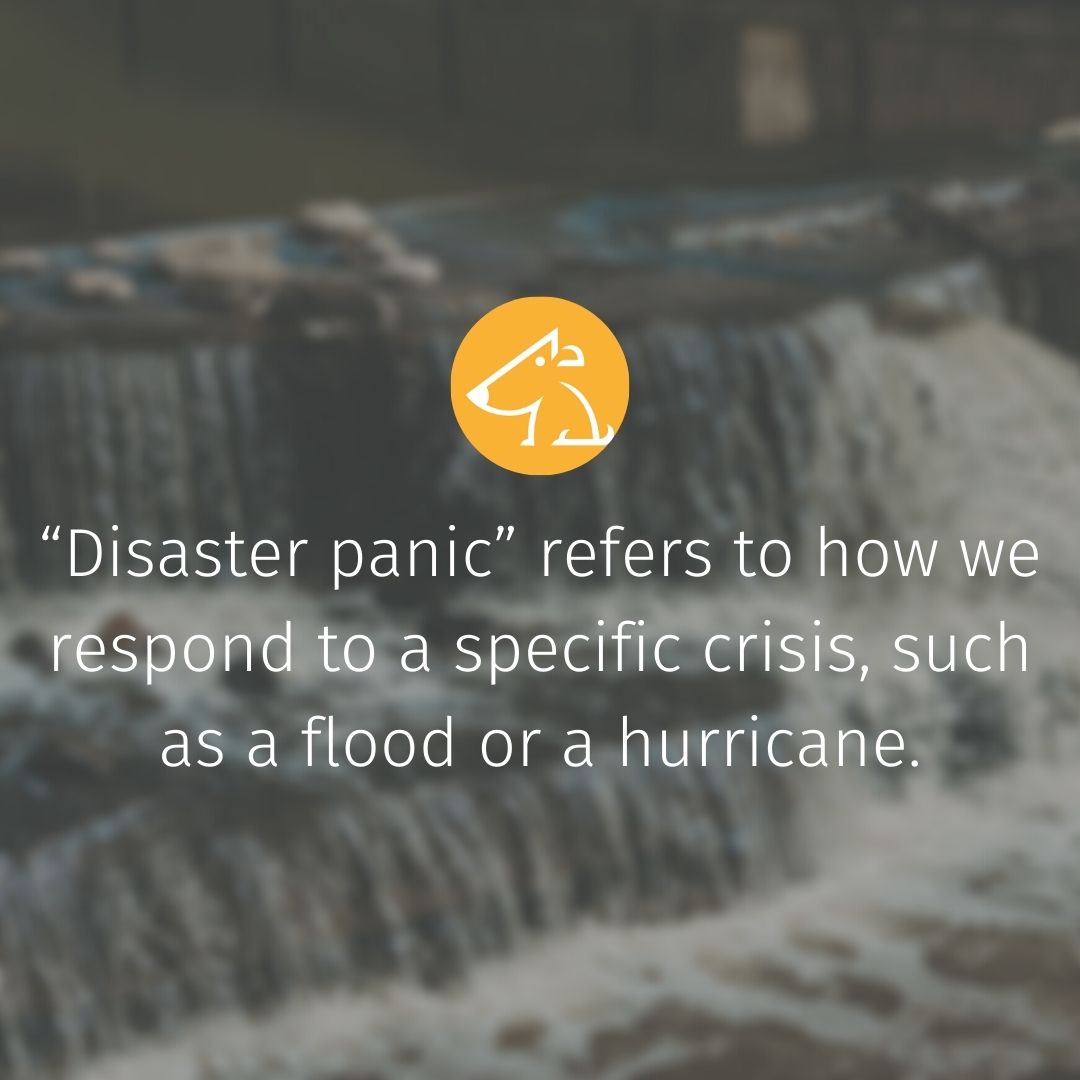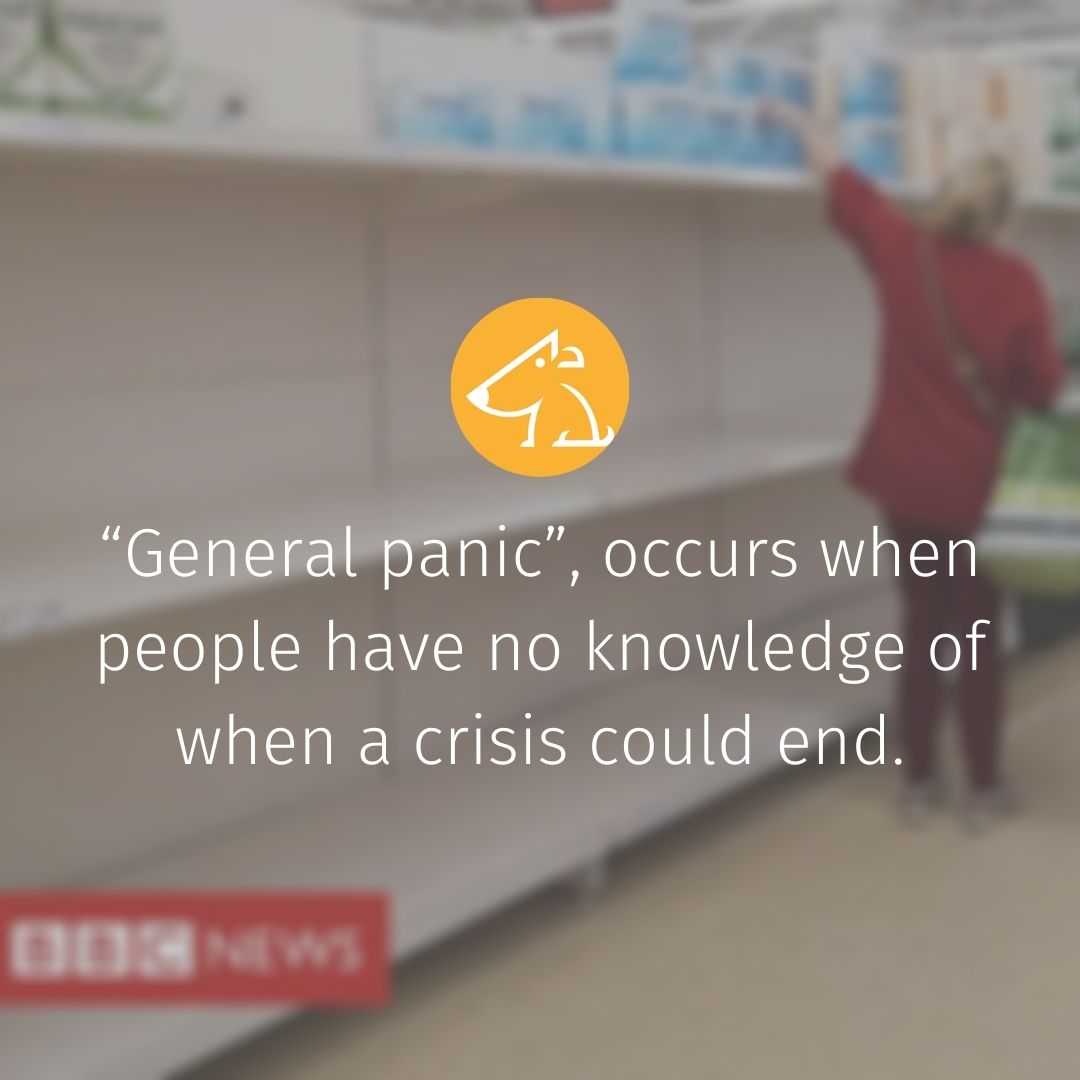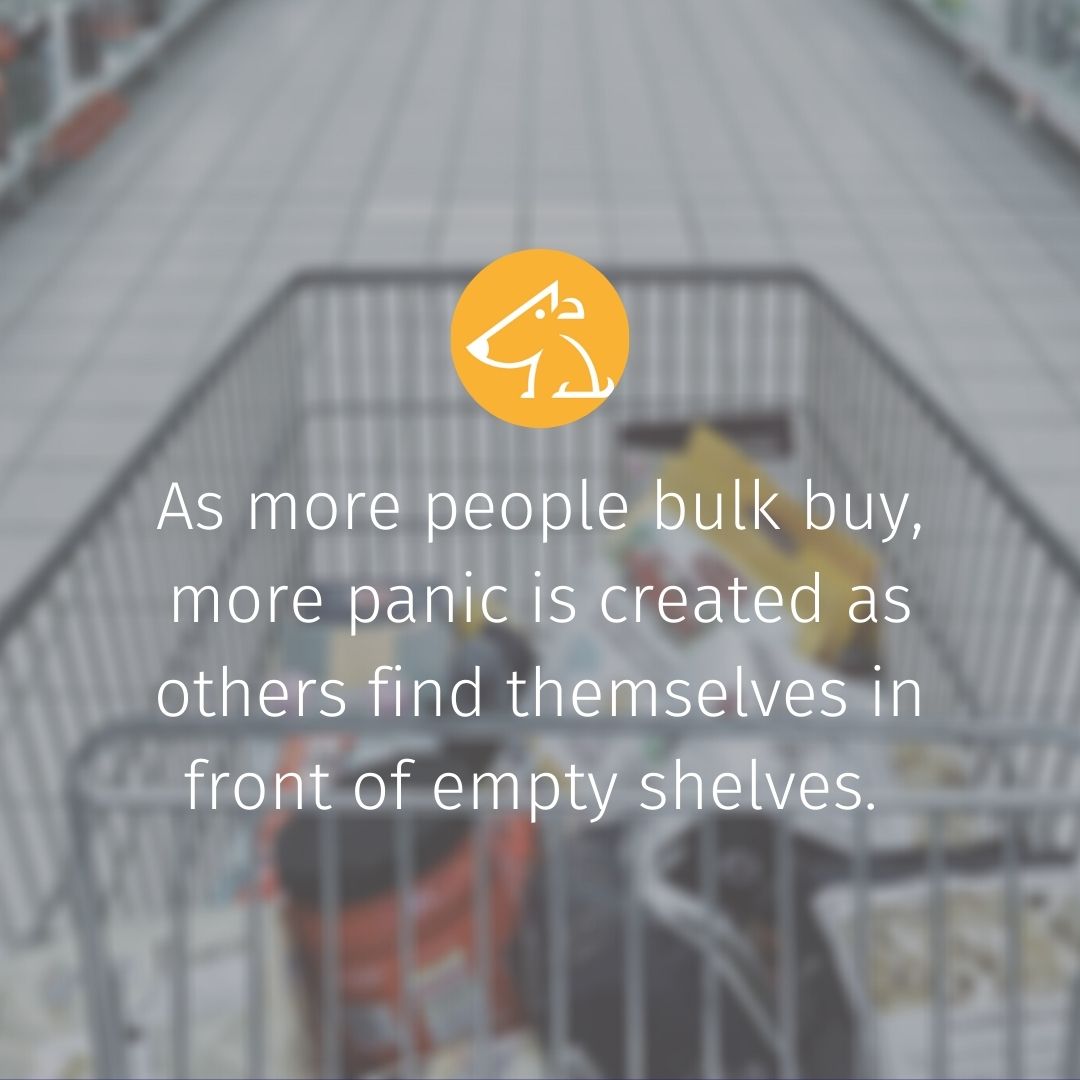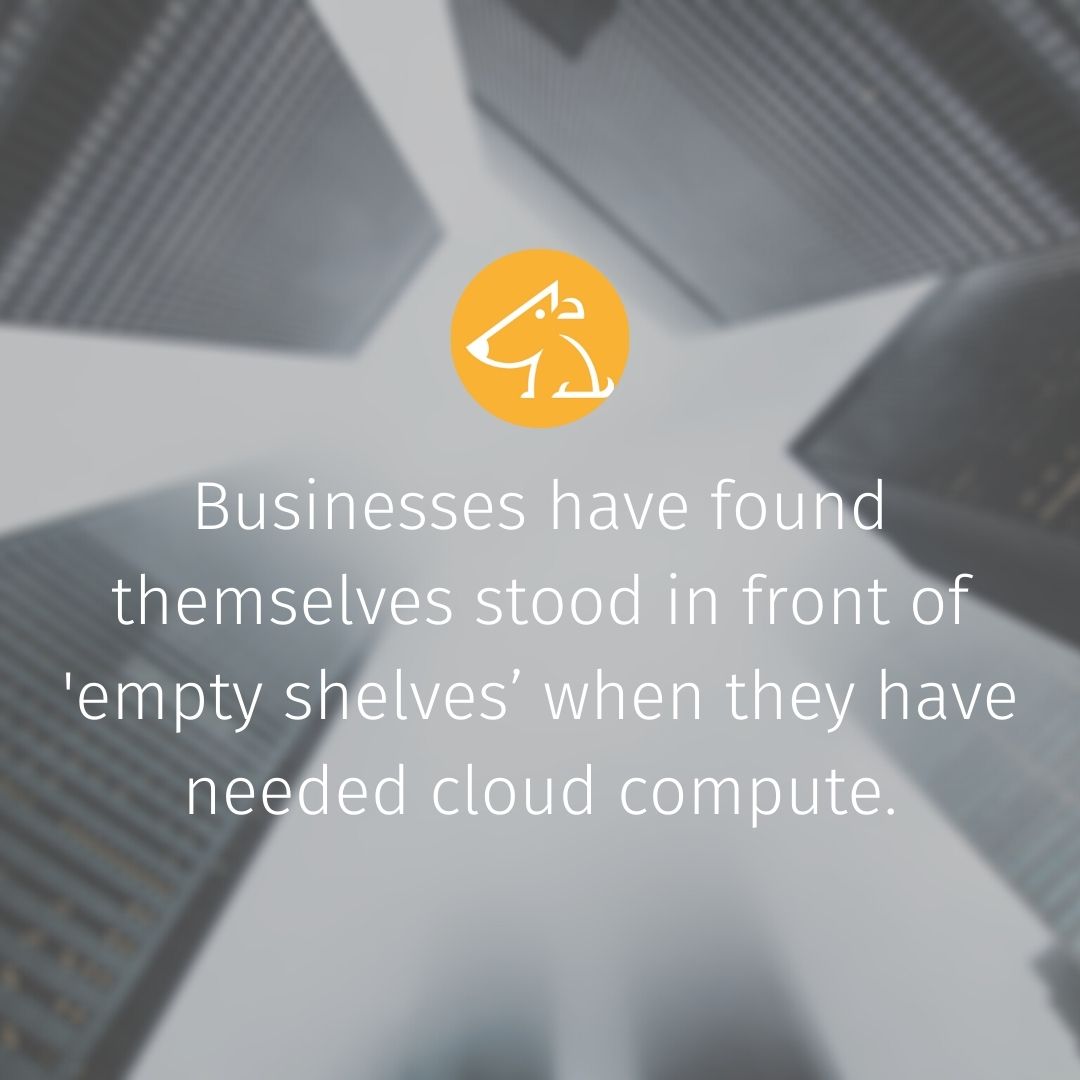


With COVID-19 dominating our every news channel, supermarkets across the world have been stripped of essential items, as people rush to the shops to stockpile. Our CCO, James, takes a minute to reflect on the psychology that underpins panic buying, and questions whether we will see the same behaviour mirrored in other industries, such as cloud computing.
Over the past few months, we have seen COVID-19 sweep across the globe at an unnerving speed. News channels and social media is understandably filled with stories of how this virus is impacting our economy, our communities and our lives. The stream of worrying information has led to consumers wanting to bulk buy all sorts of basic essentials, leaving supermarkets struggling to keep up with the demand.
The underlying complexity of the global supply chain and the ‘just in time’ supply and demand mechanics, which underpins free market economics and consumerism, turns out to be quite a sensitive model and certainly not geared up for where we are today.
I heard one psychologist, interviewed by Sky News, suggest that there are two types of panic response: “disaster panic” and “general panic”.

“Disaster panic” refers to how we respond to a specific crisis, such as a flood or a hurricane. Usually these situations are broadly predictable: people know roughly when and where the disaster will hit, how long it will endure and what the estimated damages will be. Armed with these assumptions, people can prepare for specific disruptions and outcomes.

“General panic”, on the other hand, occurs when there is extremely low confidence in the predictability of a crisis. This is the panic we are witnessing in response to COVID-19. We didn’t see it coming (although perhaps we sort of did); we don’t know how long it will last for, with no currently available vaccine; and the potential global damages – notwithstanding the tragedy of loss of life – are impossible to quantify.
Human beings are wired to create links between data points that create confident future outcomes. Without certainty that comes with this empirical reference, we default to the availability heuristic for decision making.
The availability heuristic describes the shortcut our brain makes in times of stress, where judgements are based on the information that first comes to mind, rather than what is most pertinent.
In the case of COVID-19, the public at large are under a tremendous amount of stress. This stress is experienced in parallel to a vast amount of news coverage; on the growing number of confirmed cases and fatalities, the financial struggle faced by businesses, and the mental health implications of social isolation. In this highly pressurised time, our brains make decisions based on the information that first comes to mind – in this instance, the negative information – and forget to consider other, potentially more relevant, factors.
This fuels the instinct to try and control the diminished aspects of our lives; safety, shelter and sustenance. So, it’s no great surprise we all want to feel better by having our fridge and cupboards as full of food as possible.
If we all bought adequate food and supplies for a fourteen-day period of social isolation, there would be enough to go around. However, people want to feel confident that they have done what they can to control their immediate situation. So, instead of considering their immediate needs, they are buying enough essentials to last them months.

Where this has happened, a positive feedback loop of panic has been created. As more people bulk buy items, more panic is generated as others find themselves standing in front of empty supermarket shelves.
As supermarkets operate a ‘just in time’ inventory management system, it is difficult for them to adapt quickly enough to these volatile demands.
It will be interesting to see, over the coming weeks and months, if this behaviour is seen in other industries that have the same principles of stock management as supermarkets.

It has already begun to happen in cloud computing. As companies shift to remote and flexible working, pressure is building on data centres and internet service providers, to meet the extra capacity demands brought about by increased internet use. Despite initially coping well with the extraordinary load being put on them, there have been reports of capacity issues at all of the top hyperscalers. Businesses have found themselves stood in front of ‘empty shelves’ when they have needed cloud compute.
Now is the time for the technology community to come together to ensure this behaviour doesn’t escalate as it did in the supermarkets. We need to protect all businesses, big and small, that are relying on cloud solutions to see them through the challenging months ahead.
 Please upgrade your browser
Please upgrade your browser
You are seeing this because you are using a browser that is not supported. The YellowDog website is built using modern technology and standards. We recommend upgrading your browser with one of the following to properly view our website:
Windows MacPlease note that this is not an exhaustive list of browsers. We also do not intend to recommend a particular manufacturer's browser over another's; only to suggest upgrading to a browser version that is compliant with current standards to give you the best and most secure browsing experience.